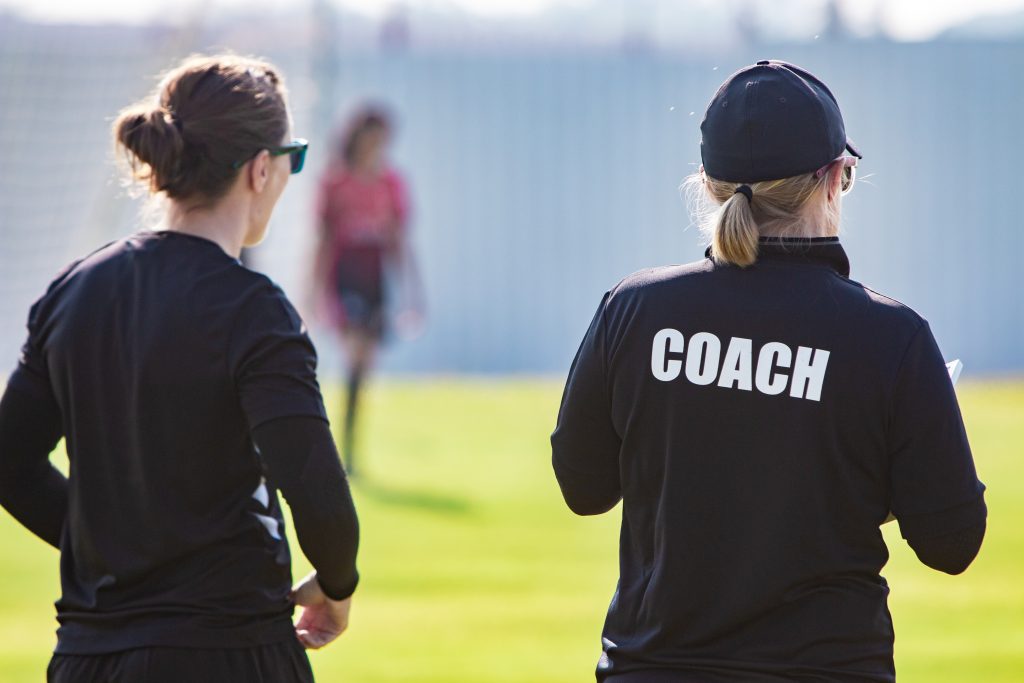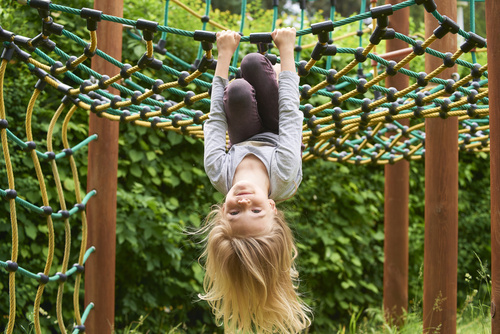Pushing for a multi-sport approach to kids’ sport and activity

We know that today’s kids face a myriad of obstacles to getting active and developing physical literacy. From obsession with smartphones and video games, to increasing confinement in urban spaces, kids today are facing challenges that most of their parents never had to confront. As a consequence, for better or for worse, organized sport and…
Fostering Leadership in Youth Sport through a Tri-Level Mentoring Model
Many coaches in youth sport understand the positive benefits of sport participation, in helping youth adopt social relationships, perseverance, and building life skills. However, it isn’t enough to simply thrust a child into sport and hope they develop character. It is necessary for coaches to provide intentional opportunities for youth engagement and empowerment to help…
Children’s influence on adult fandom of amateur sport

Research shows sport fandom being developed within families usually from a top-down approach. This is typically in the form of parents, in particular fathers, directly influencing their children’s sport fan choices through various socializing activities, including watching games together on television, taking them to a game in person, purchasing fan merchandise, or teaching them the…
Creating a Safer Sport Environment with the Rule of Two

This is the first installment of a 3-part blog series providing tools and resources to strengthen safety and ethical values in sport by introducing the Responsible Coaching Movement. If this is your first visit to this blog series, considering taking a few minutes to read subsequent blogs which focus on Background Screening and Ethics and Respect…
The Car Ride Home
Parents[1] play an undeniably important role in the lives of young athletes. Parents have been described as socializers of athletes’ sport experiences – providing opportunities for participation, serving as role models, and helping athletes make sense of their sport experiences. Previous research about parent involvement in sport has examined the types of feedback that parents…
Engaging Youth Volunteers
Volunteering is the backbone of sport in Canada. Without the generous contributions of volunteers at all levels many sport opportunities would not be available to our communities. In the past our older generation has been the stalwart contributors of their time and energy and while this trend continues, we should also be looking to our…
IN BRIEF: Bio-Banding and Developmental Age
You’ve probably heard of the Relative Age Effect – the concept that when children are placed into groups such as school classes or sports based on their chronological age, those born early in the cohort may have physical or intellectual advantages compared to those born late, leading to selection for enriched opportunities that tend to…
Exploring Developmental Factors for Overcoming Relative Age Effects in Ice Hockey
Relative age effects (RAEs) are developmental advantages experienced by those born in the early months of the year relative to an age-defined cut-off date (Barnsley et al., 1985). In sport and educational settings, RAEs tend to endure, resulting in an accumulated advantage that could affect youths’ overall development (Murray, 2003). This research program investigated the…
The Implications of Screen Time for Young Children

In June, the Canadian Paediatric Society released new screen time guidelines for children under 5 years old. A child’s first experiences with screens can be habit-forming, with lasting implications. While there are potential benefits associated with mindful screen use among children, excessive screen time can present risks for development, psychosocial skills, and physical health. Parents…
The Importance of Risky Play for Physical, Social, and Emotional Development

Engaging in risky play is a natural part of a child’s development. In addition to increasing physical activity and developing social skills, risky play is a way by which children learn to adapt to their environments and fears, and may moderate the potential of a future anxiety disorder. Risky play is a form of play…